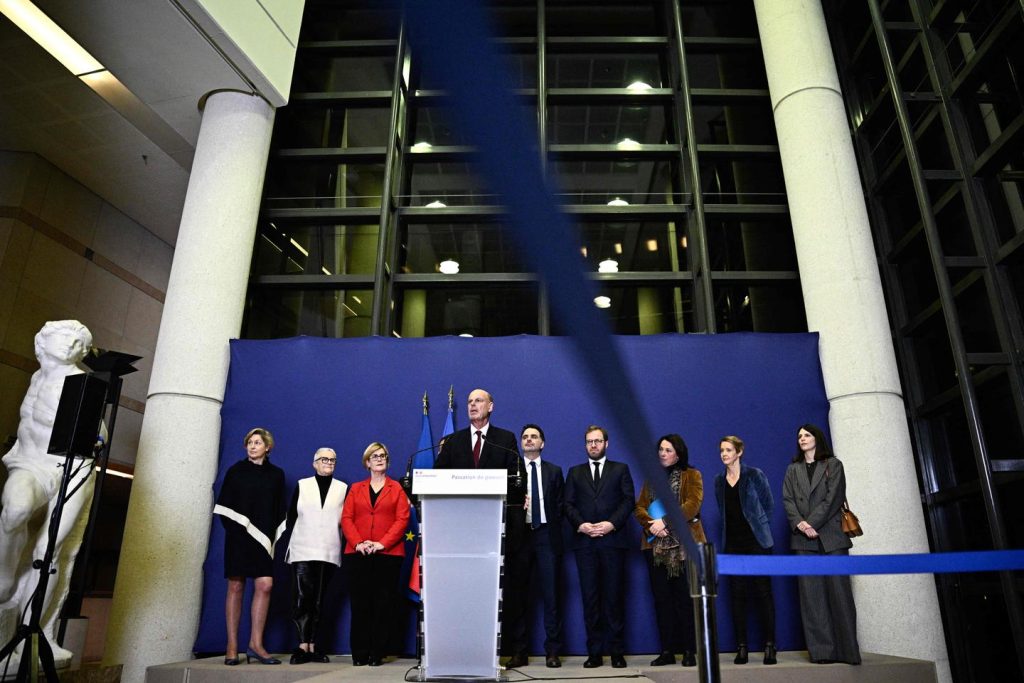The new Minister of Economy and Finance, Eric Lombard, announced his plans to invite all political parties to dialogue at Bercy in the coming days in order to facilitate the adoption of a budget. At the request of the Prime Minister, Lombard will contact all parties represented in the National Assembly and Senate, as well as parliamentary groups, to discuss with them alongside Amélie de Montchalin, the minister responsible for public accounts. Lombard aims to avoid recent controversies and include all elected officials in the dialogue process, emphasizing the importance of finding compromises.
In his role as the former Director General of the Caisse des dépôts, a major public financial institution, Lombard stresses the need for dialogue and compromise with all parties involved. He plans to start contacting everyone from Sunday onwards, allowing them to choose the order of their meetings based on availability. The results of these dialogues will be presented to the Prime Minister to be translated into government proposals. Lombard believes that finding compromises is essential in order to move forward with budget planning and decision-making.
Lombard aims to slightly increase public deficit above 5% of the country’s GDP, which he believes will protect growth. He suggests that any potential tax increases should be minimal, with a focus on additional cost savings. This stands in contrast to Michel Barnier’s plan to reduce the public deficit from 6.1% to 5% of GDP next year. Lombard also clarifies that there will be no increase in the number of individuals subject to income tax next year, emphasizing the importance of a budget that includes inflation indexing for tax brackets.
The Minister also sets a condition for any future adjustments to the retirement law, stating that discussions should not worsen the deficit of the old-age insurance system. Lombard believes there is room for negotiation within this constraint and hopes that the construction of a credible budget will address market concerns about France’s public finances. He also acknowledges the serious threat of potential customs barriers from the incoming American president, Donald Trump, and emphasizes the EU’s ability to respond forcefully if needed.
Overall, Lombard’s approach to budget planning and dialogue with political parties reflects a commitment to finding common ground and fostering collaboration in order to address economic challenges and uncertainties. By emphasizing the importance of compromises and open communication, he aims to build consensus and ensure that the budget planning process is credible and responsive to market and international pressures. As France navigates complex economic issues and potential external threats, Lombard’s leadership and diplomatic skills will be crucial in guiding the country towards a stable and sustainable financial future.















